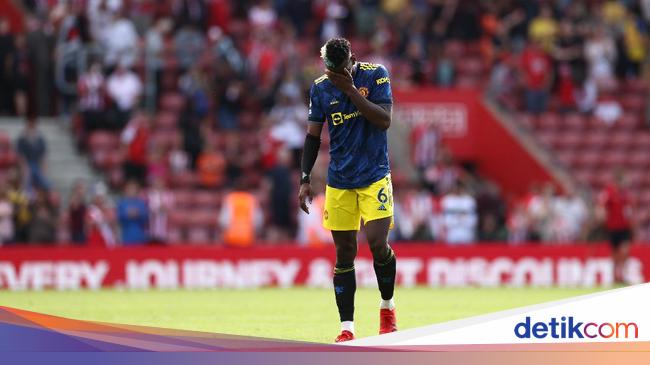Sometimes I have said – deceiving myself – that, in order not to be disappointed, I never get excited. The truth is that life, if one is not excited, loses much of its charm. As the famous Manzanero song about straw says: “What does it matter to me to live on illusions / if that is how I am happy”. It is known that vespers sometimes bring us much greater joys and happiness than the festivities themselves; that foreplay can be as enjoyable as the main course, and that the dream of the trip can be more beautiful than the trip itself.
I think many of us, when we finally received the second dose of the COVID vaccine, had the illusion of being safe from the virus that disrupted our lives and probably gave the word “immunized” its fullest meaning: now we were immune to the disease, we had a hermetic shell that would protect us from the bat virus. It was not bad to keep that illusion alive for months or weeks, because it was that chimera that gave us happiness, parties, trips, hugs, friendly faces, for some time.
When the full truth began to appear, the disappointment was very great and the disappointment was very sad, but at least no one could take away the dance from us. We hated realists for a moment who opened our eyes, but we knew that, like it or not, we had to go back to the bitter truth. Suddenly “immunized” did not mean that we were not going to be infected, but that the probability of having a symptomatic contagion was lower, and the guarantee that lasted, in any case, was that if we were infected, the disease would be milder and much less likely to end up in an ICU or a coffin. Not impossible, but unlikely.
The great illusion became a small consolation. Then the distressing news of the new variants (which were being shelled with the Greek alphabet) arrived, for which it was not yet known if all the vaccines were useful or not and to what extent. Fortunately, until now, vaccines have served all emerging variants and infectologists think that the variants that will come will be increasingly contagious, but less lethal. Ultimately, viruses are more interested in spreading, replicating, than killing their hosts.
However, the delta variant was enough for the illusion to also turn apprehension. Undoubtedly, there was no better protection than being vaccinated, wearing a mask, washing your hands, and avoiding crowded closed places, but the vaccine itself looks like a bulletproof vest that protects most of our vital organs, but not those. legs. And the mask protects our airways, but not our hands. Etc.
At this point, the great illusion of rich countries is the third dose of the vaccine, the booster, to counteract the gradual fall in antibodies. Although there are still no conclusive studies that say that this booster dose is absolutely necessary for those who are not immunosuppressed, already rich countries are collecting (hoarding) third doses that prevent poor countries from even reaching the first doses. And obviously the pharmaceutical companies prefer to sell to those who pay whatever price and in cash, instead of haggling with countries without resources that ask for discounts and installments. We live from the illusion of the goodness of others, of the altruism of the highest, but this type of illusion is one that almost always ends in disappointment.
The confidence we had when we got vaccinated has been losing strength, like vaccines themselves. The strongest and best-founded illusion we have left is that vaccines, their first two doses, prevent severe COVID. I live with that illusion and I want to keep it alive every day. Illusions help us to live much longer if we cultivate and pamper them without fear of new disappointments. Illusion, to be useful, must have the force of truth. And for now it is true that the vaccine almost always saves us from death.
– .

